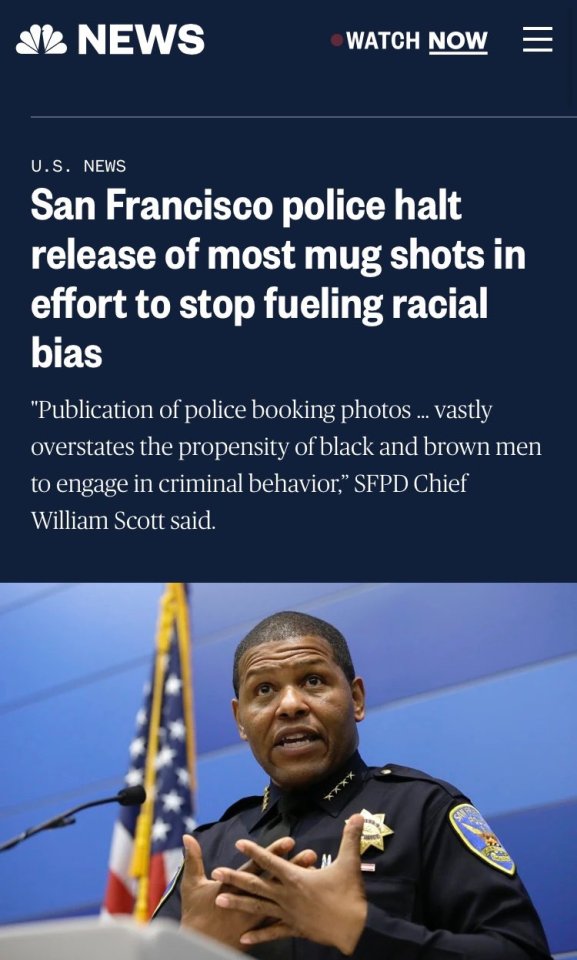
We need to stand with January 6 defendants and all political prisoners being punished chiefly for their beliefs
Criminal sentencing conveys a society’s moral sense. The worst crimes get the death penalty or life without parole. At the other extreme, misdemeanor offenders may be met with fines, diversion programs, time served in county jail, or probation. In between are many gradations, which reflect the individual characteristics of the offender and the objective aspects of the crime itself.
This week, we saw extreme sentencing for the Capitol protest on January 6, 2021. Specifically, members of the Proud Boys received draconian sentences for the archaic, rarely prosecuted crime of “seditious conspiracy.”
Stretching Archaic Statutes
The offense of seditious conspiracy is incredibly vague, but the Civil War-era statute is aimed at violent attempts to overthrow the government. Under the statute’s language, calling the protests a seditious conspiracy is a real stretch. Almost everyone involved thought they were protesting an unfair electoral count in accordance with their constitutional rights to “peaceably assemble” and “to petition the Government for a redress of grievances.” Obviously, there was no way their protests (and even any violence) would overthrow the government or change the election’s outcome. Julie Kelly deserves credit for exposing the shaky legal foundations for these charges.
At most, the nonviolent offenders engaged in technically illegal, but minor offenses, such as trespassing or “parading” in the Capitol. This used to be praised as “civil disobedience,” but now the government treats picayune violations of the law as the equivalent of the Battle of Bull Run.
By way of background, conspiracy liability could apply to any offense. Conspiracy liability—and its cousin, RICO enterprise liability—have faced substantial criticism for their extensive scope. Under the law governing conspiracy, the only necessary act to support a conviction is an agreement to engage in the illegal act. From there, every conspirator is liable for the acts of every other conspirator in furtherance of the conspiracy.
This is why the Proud Boy’s leader, Enrique Tarrio, has been found guilty, even though he was not even present in Washington D.C. on January 6. He was ultimately sentenced to 22 years, the longest sentence to date for a January 6 defendant. His codefendant Joe Biggs received 17 years, which included a terrorism enhancement for shaking one of the barriers outside the Capitol.
These Sentences are Extreme Compared to Ordinary Federal Sentences
While conceding that these are harsh punishments, one might believe that they are typical of the federal system. After all, federal sentences tend to be long and, even with good time credit, inmates must serve at least 85% of their time. But a review of federal sentences for ordinary crimes provides important context.
In May of 2022, Samuel Templeman was sentenced to 13 years and 4 months for conspiring to sex traffic a child—his child to be exact. His wife received 6 years for possession of child sexual abuse material. No word on whether either of them may have shaken a fence.
A convicted felon, Antonio Eugene Brutton, was convicted of possessing a firearm, as well as possession with intent to distribute meth, fentanyl, heroin, and marijuana; he got a whopping 16 years in federal prison.
A real jerk, Diane Durbon, got 10 years for defrauding a vulnerable elderly person of half a million dollars. Her coconspirator and daughter got 2 years.
Michael Virgil, who robbed an armored truck of $312,000 in cash, got 10 years in federal prison.
These sentences sound appropriate and normal, about what one would expect. The one exception is the punishment of the sexually abusive parents; in that case, the court showed incredible leniency considering their horrific human trafficking offenses.
One might also consider another hypothesis: that the combination of criminal acts and hostility to the government drove the long sentences. This does not withstand scrutiny. Compare the sentencing of the January 6 offenders to the genuinely violent BLM rioters from the summer of 2020.
An Antifa protester attacked a U.S. Marshal with a hammer during a protest in Portland; he received a sentence of a little under four years.
A BLM arsonist lit a pawn shop on fire in Minnesota and someone died in the fire; the DOJ charged the arsonist, Montez Lee Jr. with a federal offense. But when it came time for sentencing—and the guideline sentence was 20 years because of the loss of life—the government asked for a downward departure from the guidelines.
The government’s presentence filing said that Lee was in Minneapolis “to protest unlawful police violence against [Black] men, and there is no basis to disbelieve his statement.” Lee was ultimately sentenced to 10 years in prison.
In asking for the downward departure, the Assistant U.S. Attorney invoked the words of Martin Luther King Jr., who told CBS-TV in 1966, “We’ve got to see that a riot is the language of the unheard.” Indeed, it is.
Not Hypocrisy, But Hierarchy
Conservatives love to play “Hypocrisy Bingo,” pointing out the left’s double standards. But the left is not going to be shamed from its current course. Advancing leftism is the lodestar for their morality.
That is why there is now a very clear hierarchy for those caught up within the federal criminal justice system. Left-wing offenders are the least culpable, and they get prosecutors to argue for downward departures. Then come street criminals, who are sentenced within the guidelines. Then there are those on the right, who face novel charges and get the book thrown at them.
There is some precedent for this. Soviet dissident Alexander Solzhenitsyn wrote in the Gulag Archipeligo how political prisoners were treated worse in the Soviet system than regular criminals, whom the regime used to terrorize its political enemies. We also know how the Soviet Union, like other totalitarian regimes, created a whole class of pseudocriminals, who were given extremely harsh sentences for things like telling the wrong kinds of jokes or convoluted claims of...



























